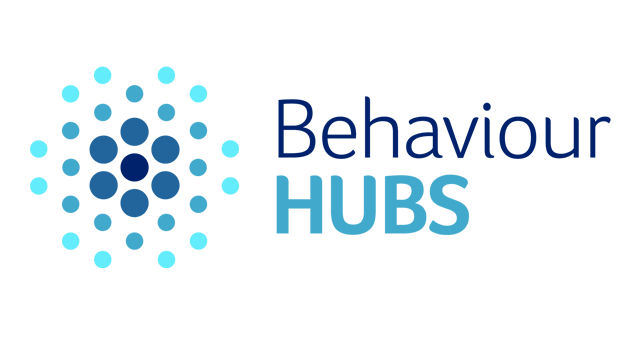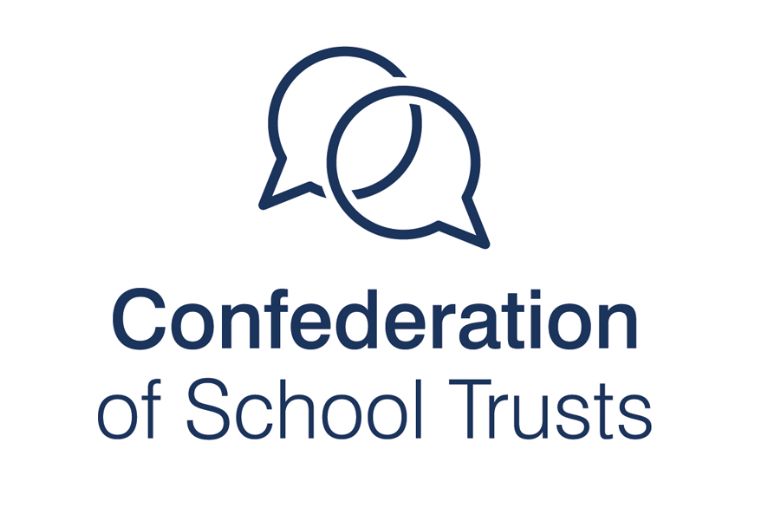LITERACY & NUMERACY
Every teacher is a teacher of literacy and numeracy and has a responsibility to improve pupils/students’ skills in these areas whatever the subject. This implies factoring into Schemes of Work and Assessment, individual teacher planning and feedback/DIRT.
LITERACY
- Teachers will model good literacy and oracy at all times.
- All learners write in full sentences/paragraphs unless told otherwise by the teacher.
- Teachers will expect good spelling, punctuation and grammar at all times and will require learners to re-do sub-standard work.
- Learners will be expected to speak and write using good English and using an appropriate register at all times.
- All teachers will teach/develop skills in reading for detail, skimming and scanning.
- All teachers use written text to develop vocabulary and academic literacy (not just subject knowledge).
- Where appropriate, learners should be encouraged to “rehearse” answers verbally before starting to write.
- Learners should have access to clear models of writing at each level.
- Learners will be encouraged to read widely and where possible use homeworks and independent learning to expose learners to different texts.
NUMERACY
- Teachers will model good numeracy in the context of their subjects and a positive attitude to the learning of maths.
- Teachers will use every appropriate opportunity to reinforce aspects of numeracy eg: number, number systems, shape, calculations, sequencing, representing number, numerical reasoning etc.
- Learners will apply an appropriate method to help solve number problems eg: mental, oral and written methods.
- Learners restrict the use of calculators only to when it is appropriate to do so.
- Teachers develop learners’ skills in estimation/approximation and strategies for checking if answers are reasonable
- Teachers expect learners to explain their methods and reasoning using mathematical terminology
- Teachers encourage learners to interpret, explain and make predictions from information given in graphs, charts and tables.




